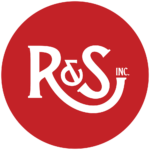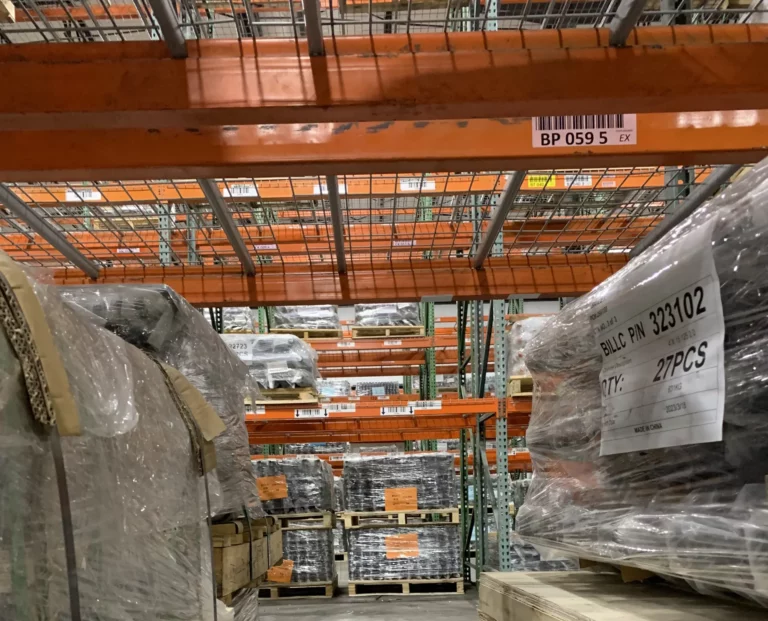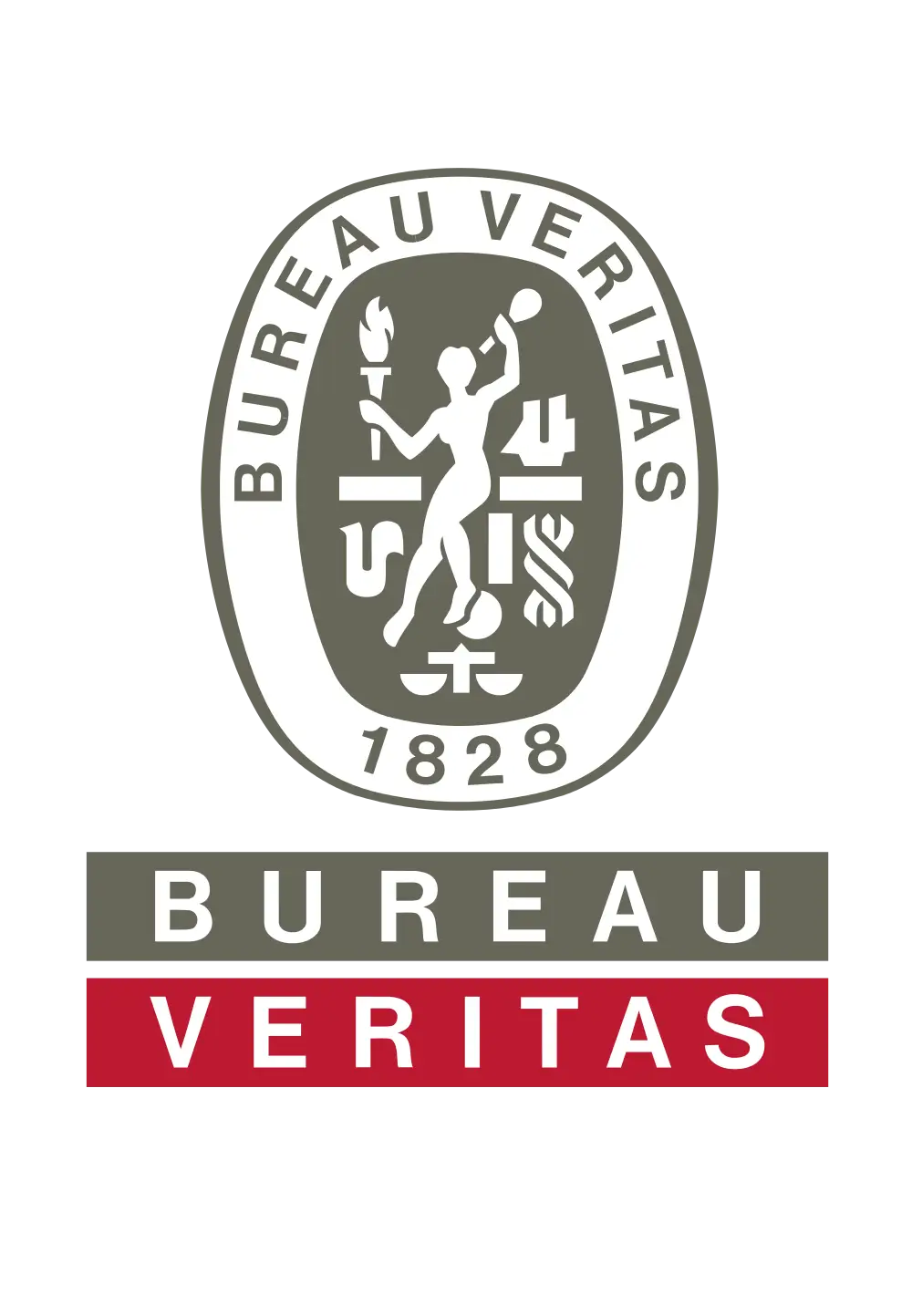Warehouse expenses encompass the overall costs of owning and operating a warehouse facility, such as the initial purchase or lease costs, property taxes, insurance premiums, maintenance, utility expenses, and security. On the other hand, staffing cost is the expenditure associated with hiring and managing the workforce for warehouse-related operations.
This is everything from salaries to employee benefits, payroll taxes, training and development programs, recruitment expenses, staffing agency fees (if applicable), and more. All these are essential factors to consider when forecasting warehouse ownership and staffing expenses. But is it easier to manage warehouse costs internally?
Challenges of Managing Warehouse Costs Internally
Running a warehouse solo comes with numerous challenges. Even though outsourcing to third-party logistics providers (3PLs) is advantageous, more people opt to manage warehouse costs independently to save money, which can lead to significant financial risks. Owning or leasing warehouse space entails upfront costs, including rent or mortgage payments, property maintenance, utilities, insurance, and security expenses.
Forecasting these costs accurately is difficult, and miscalculations can lead to financial strain, hindering overall business growth. Running a warehouse requires operational expertise across various areas, like inventory management, order fulfillment, logistics coordination, and workforce management. Precisely forecasting staffing needs is particularly tricky, as it involves factoring in seasonal demands, peak periods, labor regulations, employee turnover, and skill requirements.
Maintaining the right staffing levels while minimizing costs can be daunting for businesses that don’t have specialized knowledge and experience in workforce planning. Independent warehouse management also poses scalability issues. Business expansions, fluctuating market demands, and changing customer needs require adaptable warehouse operations.
Without the ability to quickly adjust resources and infrastructure, businesses risk being underutilized or overwhelmed by excessive costs. Additionally, some businesses handle order fulfillment and inventory management internally to maintain some semblance of operational control. However, if they don’t have the resources or expertise, they may struggle with optimizing processes, handling fluctuating inventory levels, and adapting to changing customer needs.
Coordinating the complexities of order fulfillment seamlessly also requires a streamlined workflow. Without a 3PL’s expertise, businesses may face difficulties in maintaining accurate and real-time visibility into inventory levels across multiple locations. This can result in inefficient stock management, increased carrying costs, missed sales opportunities, human errors, delays, and customer dissatisfaction.
A viable solution is to partner with a reputable 3PL. It provides access to years of expertise, economies of scale, and specialized technology solutions that help overcome these challenges.
Advantages of Outsourcing Warehouse Management to a 3PL Service
Outsourcing to an experienced logistics company offers numerous benefits that can address the above obstacles. By leveraging 3PLs’ industry knowledge, resources, and technology, businesses can tap into economies of scale, gain access to advanced forecasting tools, and benefit from established networks that help optimize processes.
3PLs boast necessary warehouse infrastructure, eliminating the need for costly capital investments, meaning businesses can significantly reduce ownership and staffing expenses. They handle property management, utilities, insurance, and security costs, lowering financial risks for warehouse owners. That said, 3PLs optimize staffing levels, adapt to seasonal demands, and offer workforce management expertise, which ensures cost-effective labor.
Supply chain partnerships provide scalability and flexibility by adjusting resources and space to changing business needs. They can quickly adapt to fluctuations in demand, expanding or resizing warehouse space and staffing levels as needed. This way, businesses can respond effectively to market dynamics without worrying about managing a permanent workforce or fixed assets.
Partner With R&S Logistics
Running a warehouse independently presents numerous challenges, especially in accurately forecasting ownership and staffing expenses. By outsourcing to 3PLs, businesses benefit from cost efficiency, operational expertise, scalability, and flexibility. Such a partnership helps warehouse owners streamline their supply chain operations and focus on their core competencies to improve overall performance and growth.
If your internal warehouse cost management processes are overwhelming your bottom line, consider onboarding R&S Logistics. We are a 3rd-party logistics provider whose primary goal is to offer turn-key logistics services by receiving and shipping goods on your behalf. Contact us today.



